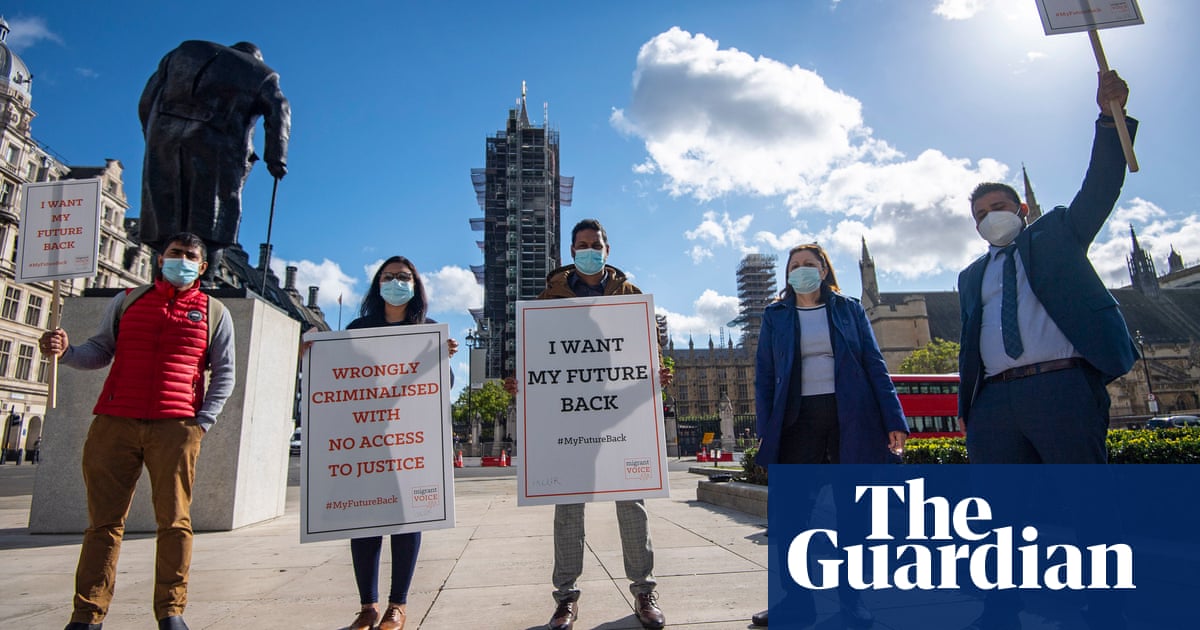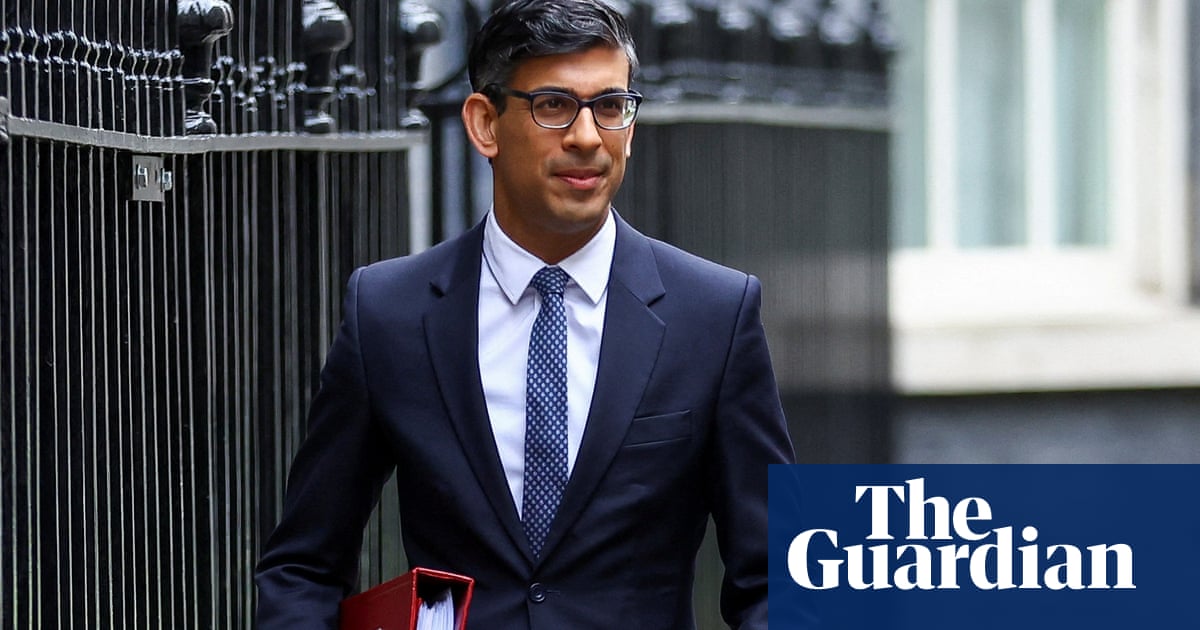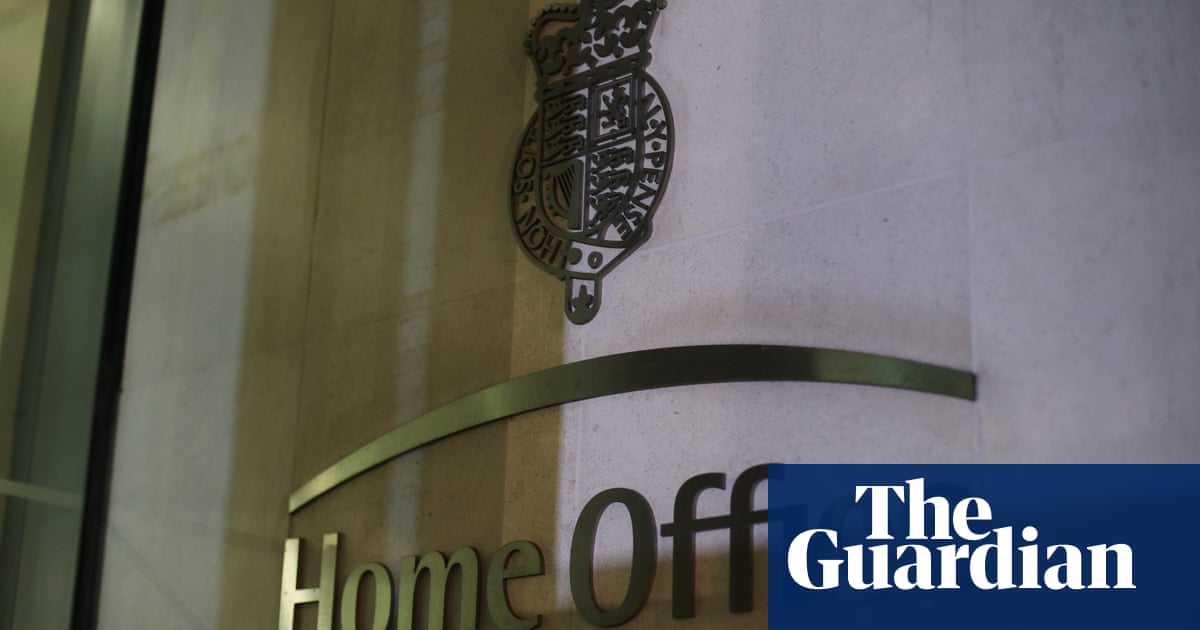
International students accused of cheating at English-language tests are planning a fresh push to clear their names 10 years on, with thousands thought to have been victims of a gross miscarriage of justice.
Important new evidence has recently been presented in court raising fresh questions over the Home Office’s decision to make a blanket accusation of cheating against more than 35,000 students, which led to thousands being thrown off their courses and forced out of the country.
The case has drawn parallels with the Post Office Horizon scandal, in which hundreds of post office operators were prosecuted for stealing money on the basis of incorrect information provided by a computer system managed by a large international firm.
A decade ago this weekend, the BBC broadcast a Panorama investigation, which uncovered widespread cheating in Home Office-approved test centres offering English-language tests that international students were required to pass as part of their visa renewal process.
Theresa May, who was then home secretary, described the BBC report as “shocking” and asked the US-based test provider, Educational Testing Service (ETS) to investigate. ETS concluded that 97% of its English tests taken in the UK between 2011 and 2014 were in some way suspicious and the Home Office cancelled the visas of about 35,000 students.
Immigration enforcement teams mounted dawn raids on students’ accommodation and about 2,500 were deported. A further 7,200 are known to have left the country after being warned they would be arrested and detained if they stayed. Many more had to give up degree courses, wasting thousands of pounds’ worth of fees.
But thousands of students have protested that they were wrongly accused of cheating, and have spent years arguing that the evidence presented against them is flawed and thin. More than 3,600 have won appeals against the Home Office. Many more have been unable to attempt to clear their names because of the prohibitive cost of taking legal action.
Lawyers have compared the official response to the Post Office scandal. Senior Post Office staff have been accused of putting excessive faith in a flawed IT system. Similarly, the Home Office has been accused in recent legal action of basing its actions on digital evidence provided by a US organisation, without giving sufficient consideration to the possibility that the evidence might not be robust.
The human cost of the scandal has been high. In interviews with the Guardian over the past five years, dozens of students have described the painful consequences of the unexpected accusation; one man was held in UK immigration detention centres for 11 months before returning to India; others described being forced into destitution in the UK, becoming homeless and reliant on food banks, as they attempted to challenge the accusation, or becoming depressed and suicidal when confronted with the wasted tuition fees and the difficulty of shaking off an allegation of dishonesty.
Many of those accused had studied in English-language schools before travelling to the UK to study. One had a degree in English literature and had worked with Nato troops in Afghanistan before moving to the UK for an MBA, while another had grown up bilingual. They were bemused at the accusation that they had paid for a proxy exam-taker to sit the basic English test on their behalf.
There is no doubt that the undercover Panorama filming exposed clear evidence of fraud in two of the 90 or so test centres run by ETS, offering the Test of English for international communication (Toeic). The Home Office was already aware of fraud in other centres.
But the Home Office’s readiness to accept evidence from ETS that 97% of all tests taken were suspicious has been repeatedly questioned. During its investigations, ETS used voice recognition technology to review the recordings of students’ voices during the spoken section of the exam and identified cases where the same voice appeared on multiple test recordings; it classified those tests as fraudulent, because they suggested that a proxy had sat the test on the candidate’s behalf.
The company concluded that 58% of all tests taken (about 34,000) were invalid for this reason. Those students had their visas cancelled, making their presence in the UK immediately illegal.
ETS found that a further 39% of students had questionable results; the Home Office invited those people to resit an English test. The company said only 2,222 test results were valid.
Campaigners have said it is implausible that 97% of students who took Home Office-approved tests, advertised on government websites and taken over a three-year period, were all involved in fraud.
A decision is expected soon on a test case held in December at the upper immigration tribunal. Evidence from an expert witness suggested that staff at some test centres where fraud was in operation may have substituted all the tests done by all students for tests done simultaneously by proxies in a hidden room. In this way, genuine students would have been unaware of fraud happening at the centre, but their test papers would have been substituted along with those of students who had paid for someone to cheat on their behalf.
The court also heard from a former ETS employee that the company had ignored evidence of fraud and had refused to shut down test centres.
In the past decade, several in-depth investigations have questioned the Home Office’s decisions. A public accounts committee report concluded that the department’s “flawed” handling and “rush to penalise” students caused “injustice and hardship for many thousands of international students”.
The National Audit Office in 2019 found that the Home Office “did not have the expertise to validate the results” provided by ETS, and criticised the department for failing to protect those caught up in the scandal, adding: “We could find no evidence that the department had actively looked at whether innocent people were wrongly assessed as cheats.”
Somehow, despite a widespread recognition that many students were wrongly accused, justice has never been delivered. Those students who have managed to get their cases overturned have often spent more than £20,000 on legal fees, pushing their families into debt.
One immigration tribunal judge in 2017 described the Home Office’s behaviour as “so unfair and unreasonable as to amount to an abuse of power”.
Theresa May’s memoir, published last year, titled The Abuse of Power makes no mention of the issue, which unfolded during her time as home secretary. Campaigners point out that the decision to revoke 35,000 student visas came at a time when May was trying to get net migration down to the tens of thousands and during a period when she was overseeing the creation of a “really hostile environment” for illegal immigrants. May has been approached for comment.
The Labour MP Stephen Timms has helped many international students in his constituency of East Ham in east London to challenge these accusations. He said: “Thousands of students, falsely accused of cheating, lost their visas and their savings. Many were denied their degrees. Some gave up, their lives blighted. Some are still battling, 10 years on, exhausted and hard-up – in some cases unable to go home over shame at the cheating allegation, their families convinced an accusation by the British government must be true.”
The charity Migrant Voice, which has been fighting on this issue since 2017, held a meeting earlier this month with a group of students still fighting for justice, seeking new ways to persuade the Home Office to remove the allegations against them.
A Home Office spokesperson said: “Abuse of our immigration system will not be tolerated and those who do will face the appropriate measures against them. This includes cheating on English-language tests. Courts have consistently found evidence that is sufficient to take action, and it is only right that we allow these legal processes to run their course.”
ETS said at the time of the serious allegations its UK operations were contracted out to a subsidiary organisation, ETS Global BV. The office was subsequently closed. The Home Office was paid a £1.6m settlement by ETS Global BV in 2018. An ETS spokesperson said the company’s people and practices had changed. “ETS’s work in the UK is focused on supporting those seeking to study abroad in the UK and the universities that host them.”












